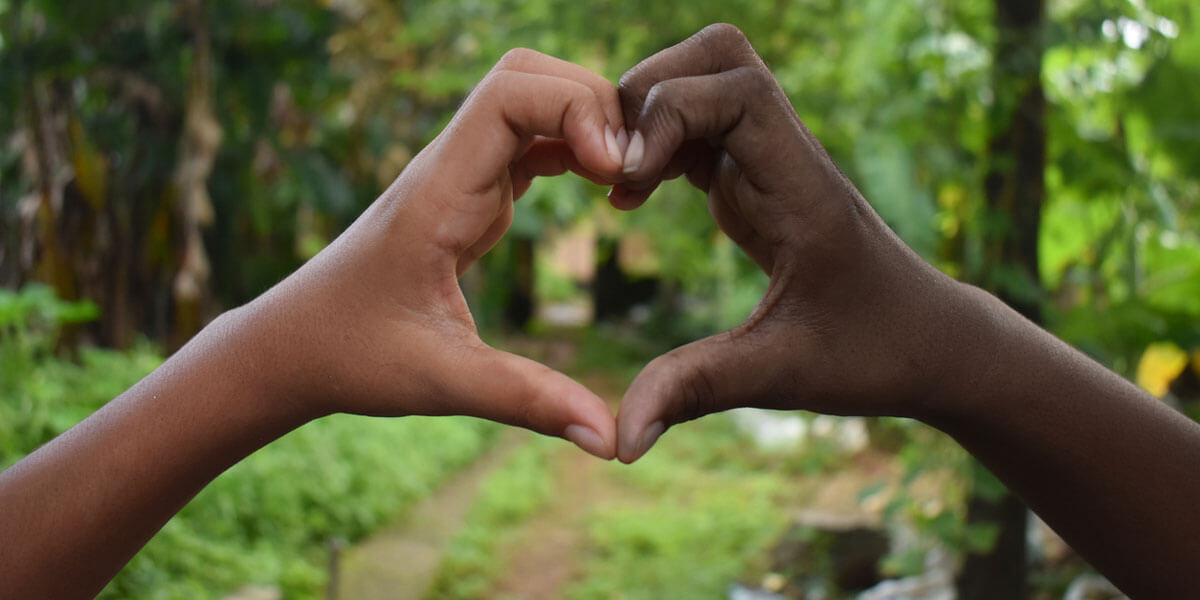This year people have endured various levels of racial trauma. Whether it’s as someone who unfortunately experienced it first hand, an ally, or feeling the call to be anti-racist, you may have encountered a mixture of emotions and be unsure how to identify them. Being an anti-racist requires us to consider ways we can move from allies to co-conspirators. Dr. Bettina Love illustrates what it means to be an abolitionist teacher, or co-conspirator, in her book We Want to Do More Than Survive. An ally is someone who has a shared belief, while a co-conspirator is someone who takes action or takes risks, and is willing to put something on the line for their shared belief. The road to strengthening our co-conspirator skills is a journey. It can come with many emotional highs and lows, as one builds their capacity to do equity and social justice work.

Robin Wright, implicit bias and racial healing expert, joined the faculty and staff at Colorado Academy during our professional development days to discuss her knowledge of trauma-informed theory. Ms. Wright shared, “The process of unlearning is long, tenuous, and filled with grief about the world we wish we had, or perhaps once thought we had.” During the session, Wright used a trauma-informed theory of the grief framework to guide understanding of the psychological journey toward anti-racism and how to account for it and move with greater compassion and intentionality in our work.
How does the trauma-informed theory of grief framework relate to our community? Our student body is living through history and witnessing racial tension and civil unrest throughout the country. For some, this could be an awakening moment—a realization that the world as they see it may not be the reality for all. There can be a sense of great loss or sadness. Wright provided us with a vocabulary to help us identify the stages and associated feelings we may have encountered on this journey.
Grieving the Just World
- Shock and Denial: shock that racism and inequality are still happening or disbelief that racism is real. “I don’t see color.” “I’m not a race, I’m human.” “I can’t believe that after all of this time, nothing has changed.”
- Anger, Guilt, Shame: feelings of guilt over the actions or your community; shame about your history and experience as a member of a subordinated group. Anger can sometimes manifest as outrage or righteous indignation.
- Bargaining: an attempt to explain and understand disparities while maintaining core beliefs that we have achieved racial equity. “It’s a class issue, not a race one.” “Had they not been _____, then ______ wouldn’t have happened.”
- Depression: feelings of powerlessness and/or apathy. “The world sucks. This is too much.” “There’s nothing I can do about it.” “I gave up on people a long time ago.”
- Towards Acceptance: this is the aspiration. Here, we can begin to imagine ways of creating a new world. We can engage in the work of racial equity, while still finding joy despite the ever-present effects of white supremacy.
Acknowledging our emotions is a crucial part of creating cultural shifts and moving towards equity. As educators and parents/guardians, it aids in our ability to meet and support children where they are. It allows us to have empathy and understanding for one another. Most importantly, it allows us to begin visualizing what is possible and the steps necessary to get there.
At Colorado Academy, we will continue to lean into discomfort, be self-reflective, and strive towards meeting our diversity, inclusion, equity, and social justice goals. We understand that this work is all of our jobs, all of the time, and that through collective efforts, change can manifest.
